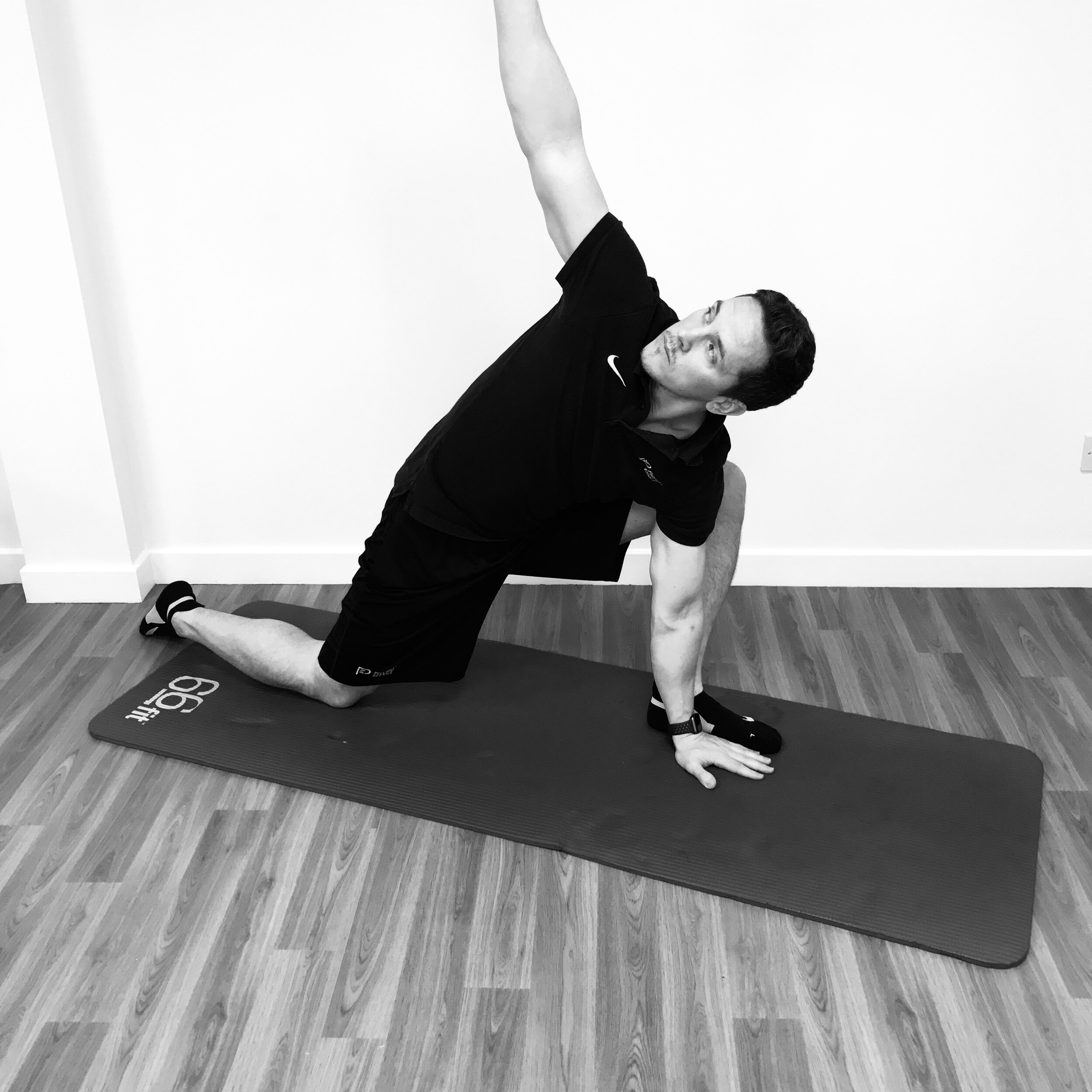You are Probably Overtraining 😲 Follow this advice to train smarter, reduce injuries & Feel better 😀
Written by Daniel Wray (Senior Physiotherapist)
One of the most common causes of injury is poorly structured and executed training plans. We see a lot of injuries caused by excessive stress on the body due to no real planning around exercise type, intensity & volume. While it is admirable to get out there and get fit the tendency for most is to overreach and often exercise is too sporadic, random & intense. We have previously looked at common signs of overtraining so here we give practical and simple strategies you can implement to reduce this risk, take control & start implementing goal orientated, structured training.
Confusion around training & exercise is common
With increasing frequency we are seeing people in clinic who are getting injured from overtraining. The boom in hybrid style fitness like CrossFit & Hyrox means the demands people are putting on their bodies are constantly increasing. It’s natural to want it all but trying to serve 2 masters simultaneously, with strength training one side and cardio on the other, often results in injury & failure to really progress on either front.
5 Tips to Prevent Overtraining
Listen to Your Body
Pay attention to physical and mental signals. Fatigue, decreased performance, and persistent soreness may indicate that you need to rest.Incorporate Rest Days
Schedule regular rest days into your training regimen. Adequate recovery allows your muscles to repair and helps to avoid burnout.Vary Your Workouts
Include a mix of training modalities to prevent overuse injuries and mental fatigue. Cross-training can help maintain fitness while reducing strain on specific muscle groups.Monitor Training Volume
Keep track of the intensity, duration, and frequency of your workouts. Gradually increase these parameters and avoid sudden spikes in training load.Ensure Proper Nutrition and Hydration
Fuel your body with a balanced diet and stay hydrated. Proper nutrition supports recovery and overall performance, minimising the risk of overtraining.
5 Signs of Overtraining
Persistent Fatigue 🥱🥱
Experiencing constant fatigue, despite getting adequate rest, can be a sign of overtraining. If workouts begin to feel unusually exhausting and recovery seems difficult, it may indicate your body is not coping with the stress.Decreased Performance ⬇⬇⬇
A noticeable drop in performance levels, such as reduced strength, endurance, or speed, can signal that your body is struggling to recover. If previously manageable training sessions start to feel increasingly challenging, consider reassessing your training load.Increased Injuries ⬆⬆⬆
Frequent injuries or recurring muscle strains are common indicators of overtraining. Overworking your body can lead to a higher risk of injuries, affecting your ability to train effectively.Mood Changes 😰😰
Emotional fluctuations, such as increased irritability, anxiety, or depression, may occur with overtraining. These mood disturbances often stem from the physical stress your body is undergoing and can impact overall well-being.Sleep Disturbances 😪😪
Problems with sleep, such as insomnia or disrupted sleep patterns, can also indicate overtraining. A body under stress may struggle to relax, affecting both sleep quality and quantity, which are crucial for recovery.
Feeling Constantly Tired Can be A Sign of Overtraining
TIME TO TAKE STOCK
If any or all of the above points resonate with you then you are probably overtraining and risking injury and reduced performance. It’s good to remember that quality and structure are more important than quantity when it comes to training, fitness & progression. You probably aren’t an elite level athlete with the opportunity to train (& recover) full time so don’t try and train like you are. Exercise shouldn’t be punishment & a mindset like this will lead you to injury.
If you need help with injury or understanding training for your own unique needs then speak to a qualified trainer. Our team at Physio Effect can help you recover from injury and set realistic training goals helping you progress consistently and avoid the boom to bust crashes we see so often with no structure.
thank you
Thanks for reading, please share with any friends, family or colleagues who could benefit.
We are always here to listen & help. Our specialist team can help you navigate and manage any ache, pain or injury.




